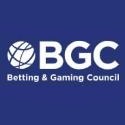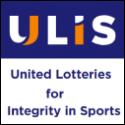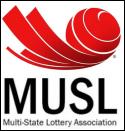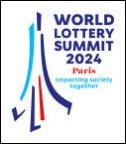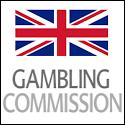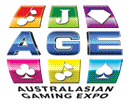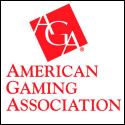Malta: Leading the Way in iGaming
Malta’s journey from being a pioneer in iGaming regulation to becoming a global hub for the industry is testament to its commitment
MALTA (October 26, 2023) — Malta has emerged as a significant player in the iGaming sector since 2004, thanks to its innovative gaming framework. The Malta Gaming Authority (MGA) established itself as highly respected within the industry, with the Gaming Act of 2018 replacing the Remote Gaming Regulations, streamlining laws relating to online and offline gambling on the island.
Malta’s iGaming sector has experienced rapid growth since, continuing to do so in the new decade. Many gambling companies are attracted by the numerous advantages of Malta’s market, while many content creators are eager to cash in on affiliate marketing partnerships with iGaming operators.
In this article, we explore the trends and opportunities of iGaming in Malta and how it is affected by the licensing authorities.
Understanding iGaming
iGaming, or online gaming, encompasses a wide array of activities that involve online gambling, as well as betting money on the outcome of events or games over the internet. These activities can include popular casino games, sports betting, lotteries, fixed-odds betting, esports, and more. In Malta, companies aiming to operate within the iGaming sector must obtain a valid licence from the Malta Gaming Authority, which can be either a gaming service licence for B2C operators or a critical gaming supply licence for B2B operators.
Remote gaming licensing
A Maltese gaming licence is essential for companies looking to offer gaming services within or from Malta. These services encompass a broad spectrum, including casino games, sports betting, peer-to-peer games like poker and bingo, and controlled skill games. Whether targeting Maltese players or operating from Malta, a gaming licence from the MGA is a prerequisite, covering both B2B and B2C services.
Types of remote gaming licences
The MGA offers four types of licences:
Class 1 Licence
Designed for online casinos specializing in repetitive games or games of chance.
Class 2 Licence
For businesses accepting online bets on specific events.
Class 3 Licence
Aimed at poker rooms, bingo games, betting pools, and betting exchanges
Class 4 Licence
Suited for gambling software providers, online games, and hosting services.
Malta offers several cost-effective licensing options:
- B2C Gaming Services licencees pay an annual fixed fee of €25,000.
- Type 4 game suppliers pay €10,000 annually.
- B2B Critical Gaming Supply licence fees range from €25,000 to €35,000 based on revenue.
- A reduced €10,000 fee applies if providing critical supplies only to Type 4 game providers.
B2C gaming service providers pay Compliance Contributions based on revenue:
-
- Type 1 Gaming Services: €15,000 to €375,000
- Type 2 Gaming Services: €25,000 to €600,000
- Type 3 Gaming Services: €25,000 to €500,000
- Type 4 Gaming Services: €5,000 to €500,000
It’s important to note that B2C gaming service providers approved by the MGA as startups enjoy a one-year exemption from Compliance Contributions. B2B Critical Gaming Supply licencees, on the other hand, are not subject to compliance contributions.
In conclusion, Malta’s journey from being a pioneer in iGaming regulation to becoming a global hub for the industry is a testament to its commitment to fostering innovation and excellence. With a business-friendly environment, cost-effective licensing, and a supportive regulatory framework, Malta continues to be a compelling choice for iGaming companies looking to make their mark in this flourishing sector.
As the industry continues to evolve, Malta stands ready for further success in the world of iGaming, and gambling brands alongside players can clearly see the advantages and strengths of Malta’s iGaming market.
Brought to you by: RevenueLab
SOURCE: Times of Malta.
Tags: iGaming, Malta, The Malta Gaming Authority (MGA)














